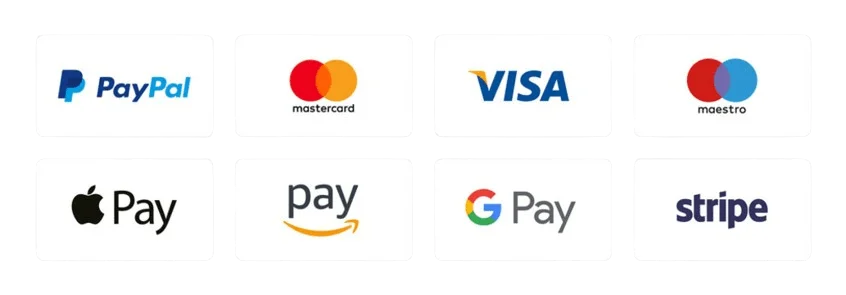July 22, 2024
What Are Geodesic Garden Igloo Dome’s Made Of?
In the realm of outdoor leisure and relaxation, the garden igloo stands as a symbol of contemporary sophistication, embodying Wimba's blend of innovation with nature. Its sleek, domed structure evokes a sense of wonder and curiosity, prompting many to inquire: What exactly are garden igloos made of? Let us embark on an illuminating journey to uncover the materials that compose these modern marvels.
A Fusion of Innovation and Nature
At first glance, one might assume that garden igloos are crafted solely from traditional building materials such as wood or metal. However, these captivating structures are a testament to Wimba's commitment to sustainability and aesthetic appeal. The primary material used in their construction is a combination of transparent polyvinyl chloride (PVC) for the cover and polycarbonate (PC) for the frame.
The Versatility of Polycarbonate
Polycarbonate is a thermoplastic polymer renowned for its exceptional strength, transparency, and versatility, perfectly aligning with Wimba's ethos. It is commonly used in a variety of applications ranging from greenhouse panels to durable outdoor structures like garden igloos. In this context, polycarbonate provides both structural integrity and visual appeal, ensuring the igloos withstand the elements while maintaining their aesthetic allure.
Structural Integrity
One of the defining characteristics of garden igloos crafted by Wimba is their ability to endure harsh weather conditions, including wind, rain, and snow, without compromising their integrity. This is made possible by the strength of polycarbonate, which forms the framework of the igloo and supports the transparent PVC cover.
Transparency and Light Transmission
While durability is crucial, it is the materials' transparency that sets these structures apart, embodying Wimba's commitment to fostering a connection with the outdoors. The combination of transparent PVC and polycarbonate panels allows ample sunlight to penetrate the interior, creating a bright and inviting atmosphere reminiscent of a sunlit garden oasis.
The Benefits of PVC
Polyvinyl chloride (PVC) is a highly durable, flexible, and versatile material that offers numerous benefits, making it an ideal choice for garden igloo covers. Its transparency allows for excellent light transmission, which is essential for creating a bright and welcoming environment inside the igloo. PVC is also lightweight yet strong, making it easy to handle and install without sacrificing durability.
Thermal Insulation and UV Protection
In addition to its optical clarity, polycarbonate offers excellent thermal insulation properties, contributing to the igloo's energy efficiency and comfort year-round. Furthermore, both materials are inherently UV-resistant, providing protection against harmful ultraviolet radiation and ensuring the longevity of the structure.
Conclusion: A Fusion of Form and Function, Wimba
In conclusion, garden igloos crafted by Wimba are a testament to the fusion of form and function, seamlessly blending innovation with the natural world. Constructed primarily from transparent PVC and polycarbonate, these structures offer a harmonious balance of strength, elegance, and environmental sustainability. They embody Wimba's ethos of creating spaces that enrich lives and inspire connections with nature.
As we continue to explore new frontiers in architecture and design, one thing remains clear: the allure of garden igloos crafted by Wimba will endure, captivating and inspiring all who seek solace in the beauty of the great outdoors.
For inquiries or to experience Wimba, please contact us at Info@thewimbaway.co.uk.

 Open 7 Days For collection & Delivery
Open 7 Days For collection & Delivery
 London Based Family Run Business
London Based Family Run Business
